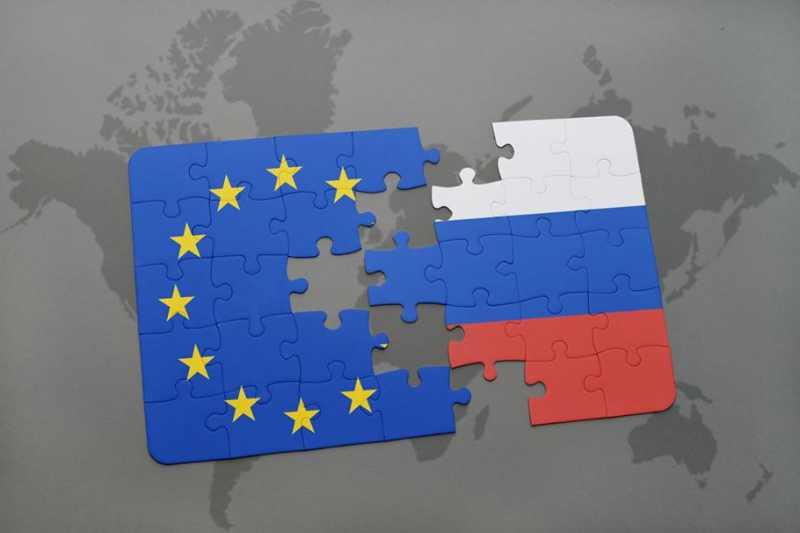
The future of Europe and Russia relations is drifting apart
Last updated on February 16th, 2021 at 07:20 am
The High Representative of the European Union for Foreign Affairs and Security Policy and Vice-President of EU Commission, Jose Borrell, paid a visit to Moscow to test, through principled diplomacy, whether the Russian government was interested in addressing differences and reversing the negative trend in EU-Russia relations. “We are at a crossroads. The main parameters of the geopolitical landscape of the 21st century is being drawn”. Affirmed Borrel in a long post at the end of his mission.
Relations between Bruxelles and Moscow have been low for a number of years, and deteriorated even further after recent developments linked to the poisoning, arrest, and sentencing of main Putin opposition leader Alexei Navalny as well as the related mass arrests of thousands of demonstrators. Borrell indicated that his mission purpose was to express directly the EU’s strong condemnation of these events and to address the rapid worsening of the European relationship with Russia.
“The Russian authorities did not want to seize this opportunity to have a more constructive dialogue with the EU. This is regrettable and we will have to draw the consequences.” Borrell stressed, describing an aggressively-staged press conference and the expulsion of three EU diplomats during his visit. “At times the discussion with my Russian counterpart reached high levels of tension, as I called for Mr. Navalny’s immediate and unconditional release, as well as for a full and impartial investigation into his assassination attempt.” Borrel stated, highlighting during the press conference that human rights issues and fundamental freedoms, and in particular the case of Alexei Navalny were very much at the centre of his visit and of his exchanges with Foreign Minister Lavrov.
Borrell also met with representatives of civil society, think tanks and representatives of the European business community. He paid tribute to their work and to what they represent. But the Navalny case was not the only diverging view. Lavrov and Borrell also explored broader aspects of EU-Russia relations, including the potential for cooperation in facing global challenges such as the Covid-19 pandemic, the climate crisis and the Arctic region.
Regarding conflicts in the neighborhood, Borrell insisted on the need to advance towards the full implementation of the Minsk agreement and on respect for Ukraine’s territorial integrity. The High Representative argued as well the need to heed the call of the people of Belarus – which has been loud and clear for six months now – to freely choose their President. Respect for the territorial integrity of Georgia, the situation in Nagorno Karabakh, and the Syrian and Libyan crises were also among the issues of divergence.
The two heads of diplomacy acknowledged the need to keep good cooperation on the Iran nuclear deal (the JCPOA) and the potential for joint engagement in supporting peace and reconciliation efforts in the Palestinian-Israeli conflict. “My meeting with Minister Lavrov highlighted that Europe and Russia are drifting apart. It seems that Russia is progressively disconnecting itself from Europe.” Borrell added, explaining that “the nature of the challenge we face is clear. Locking ourselves up behind walls and calling on others from the safety of that position will not bring greater security to the EU. And it is not in this way that I see my role as being the first diplomat of the EU.”




